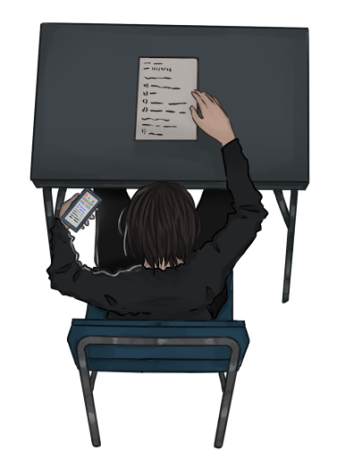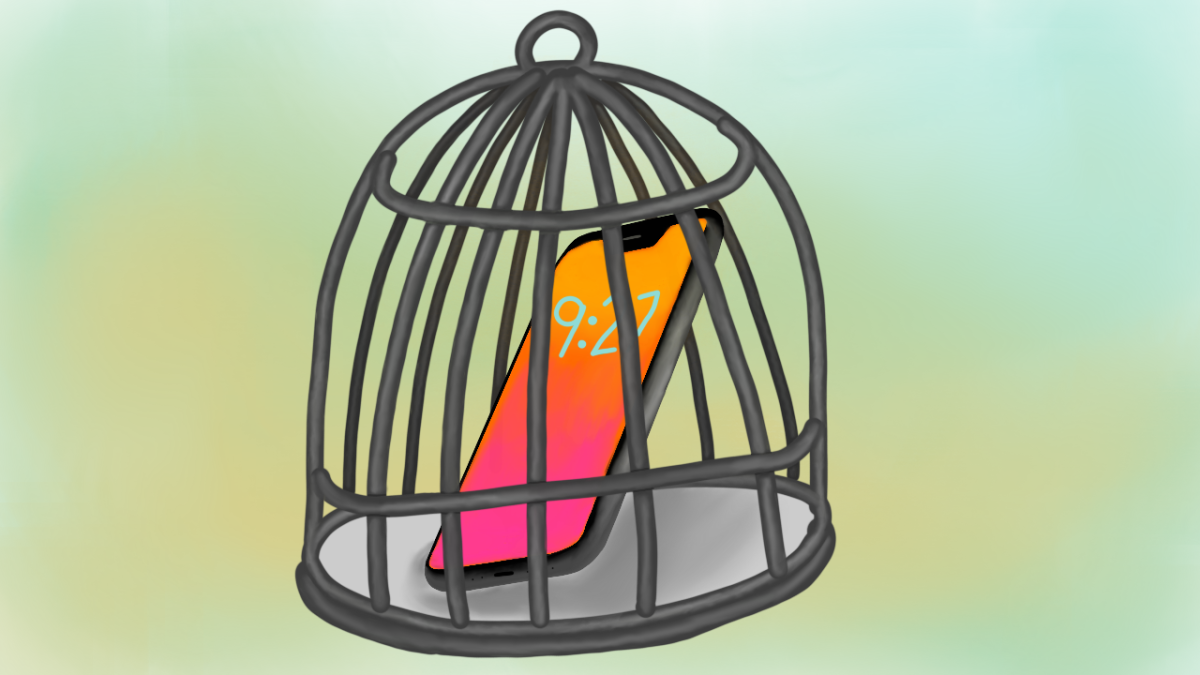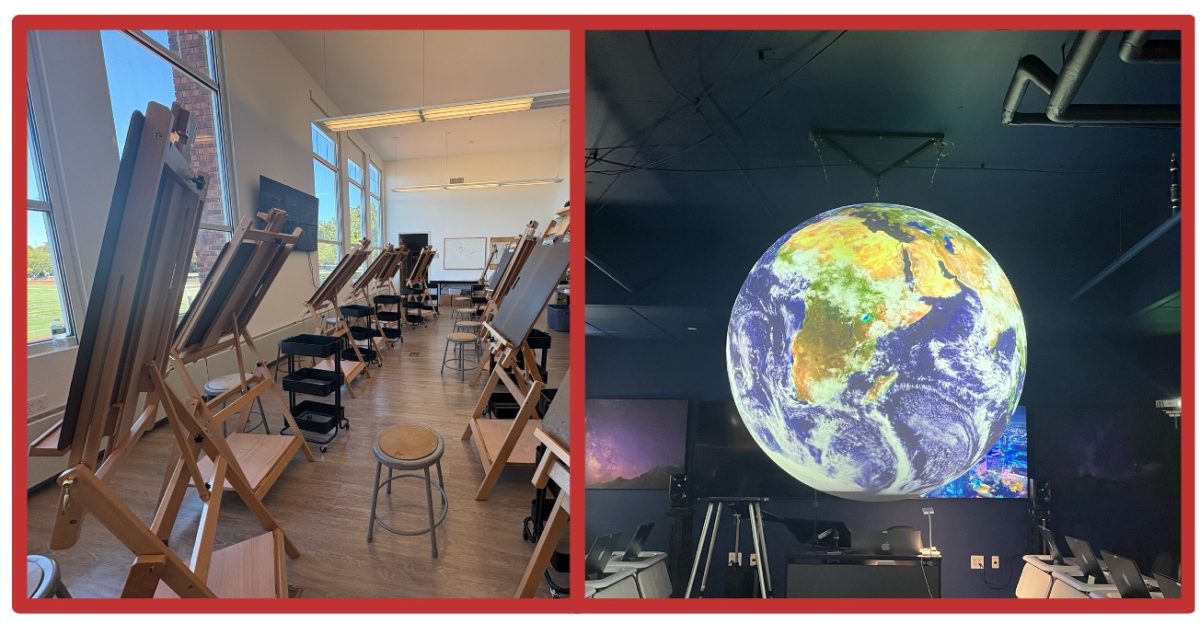Cheating Isn’t Succeeding
November 14, 2022

Cheating within the MBS community and across high schools in the United States has always been an issue, but it has become a greater one in recent years. This rise can be attributed to numerous factors, including the increased use of technology and normalization of cheating. Academic dishonesty promotes a lack of accountability over one’s education and hinders a student’s ability to grow through their mistakes,
According to the Educational Testing Service (ETS), “In the 1940s only 20% of college students admitted to cheating, nowadays that number has risen to 75-90%.” SGA President Egbefe Omonzane ‘23 believes it is no secret that recent lockdowns due to COVID-19 have influenced temptations for plagiarism and that it has been difficult for students returning to school to face their work head-on now without Google Translate, Photomath, or parental help.
Cheating can take many forms including plagiarized essays or overly involved tutors. Dr. Chris Payette, Science Department Chair, defines cheating as “Anytime a student is presenting work that is not their own without crediting the source of the work.” Integrity is principal across all fields, but it is especially significant amongst academics, as the education system is designed to help a student grow what they have on their own.
According to Mrs. Natalie Marone, Math Department Chair, “[Educators] can’t try to keep up with the technology; at the forefront needs to be an understanding of why academic honesty is so important, if a student doesn’t understand that, all the roadblocks we put up aren’t going to matter.” One example of this technology is Photomath, an app which provides worked out solutions to math problems captured in an image. Marone said, “there is nothing fundamentally negative about the platform, as it can help kids check their answers, but it becomes a problem when it’s merely providing those answers.”
In addition to apps, in Mr. Ryan Liese, Head of Upper School, said “the pandemic played a role somewhat in the attitude about cheating and somewhat in the logistics of it.” During the lockdown, where kids were far away from their classrooms, the central objective was to get students to attend the virtual meetings, as that by itself was an accomplishment when kids could just as easily have logged onto Netflix. Omonzane said, “COVID enabled kids to overlook what academic integrity looks like.”
The pandemic added another level of stress to an already stressful environment as students face elevated expectations to attend prestigious colleges or universities. Omonzane said, “because many schools no longer require ACTs or SATs for college admission, it increases the value of high school grades, and makes cheating more enticing.” Payette believes that while the pressure to get into these schools is a contributing factor in their decision to participate in dishonest academic activity, he hopes teenagers understand that attending an Ivy League as an unqualified undergrad can lead to even more challenging circumstances.
Combating academic dishonesty is more than just making multiple versions of a test or requiring phones to be face down on the desk. Liese said, “the goal is to get students motivated to do their work and not get too overwhelmed by it so that they don’t feel the need to find dishonest ways of completing it.”
The decision to cheat comes down to a student either not motivated or not confident enough to turn in their own work. Post-its under desks and hidden flashcards have been around for decades, and generally educators recognize that cheating is not something that can be completely averted. Payette believes that cheating could be reduced if students met with their teachers more, as he would hope as an educator, that any teacher can “teach better than Google.”
As a school community, MBS values engagement; the drive of curiosity, optimism, interest, and ardor that cast a student into a learner, and an attribute that can never be earned through cheating. Engagement is applying what is taught in class, and utilizing it in the real world. Any kid can sneak off vocabulary lists, but how many of them can use those words in a sentence? Any kid can cheat, but who are they really cheating?




